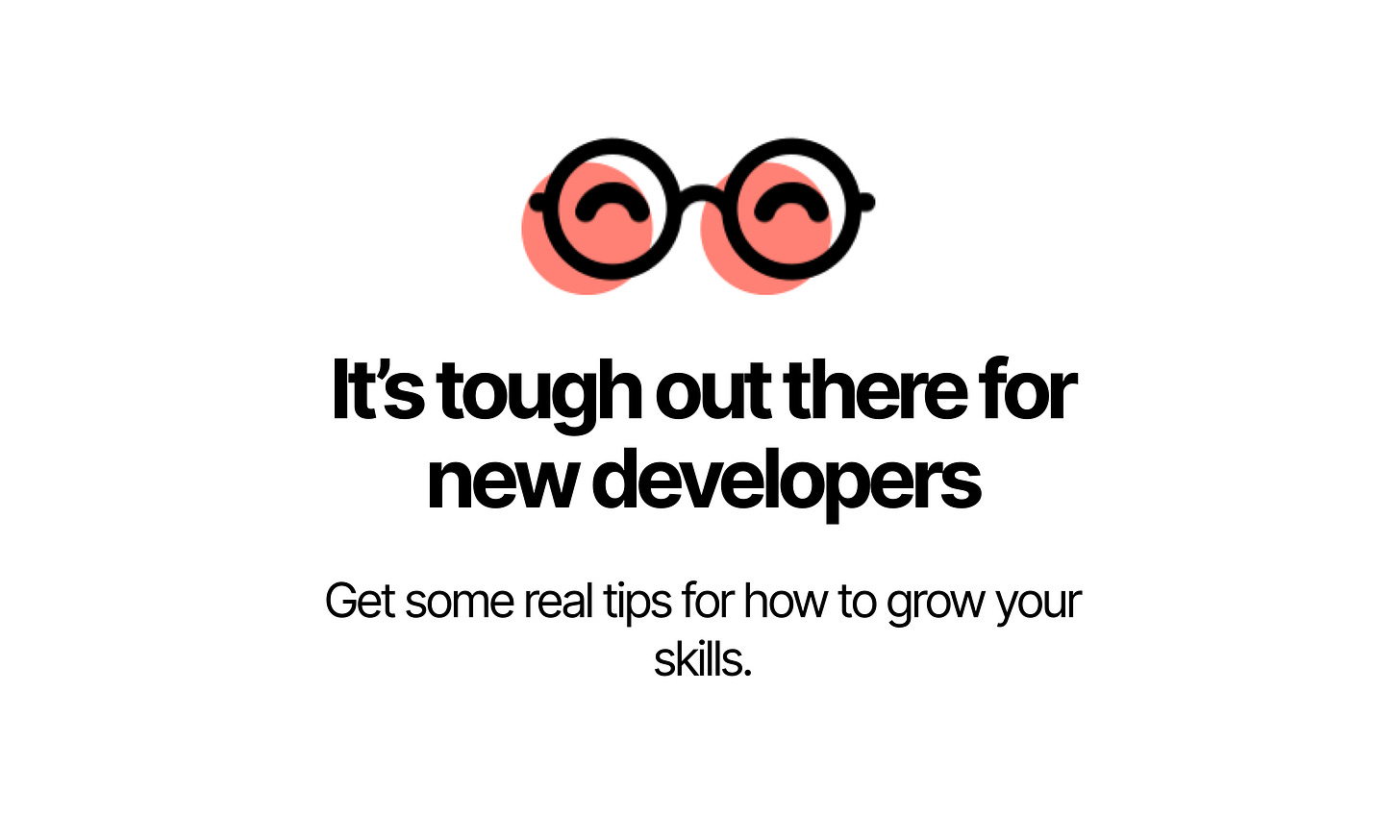Getting Better at Programming: A Guide for Early Developers
Learning to code can feel like trying to read a book in a language you’ve never heard before. At first, nothing makes sense. You copy and paste code from Stack Overflow, tweak things until they work, and feel like you’re faking it. But here’s the truth: every great developer started there. The key is not to avoid confusion—it’s to get comfortable with it and keep moving forward.
If you’re early in your programming journey, here are some things that actually help.
1. Write Code Every Day (Even if It’s Small)
You don’t need to build a startup or contribute to React to get better. Just code. Write a function. Solve a coding problem. Make a small to-do app. The consistency matters more than the scale.
Why it works: You build familiarity with syntax, logic, and debugging. Even 30 minutes a day adds up fast.
2. Read Code You Didn’t Write
Reading code is one of the most underrated skills. Look at open-source repos, GitHub gists, or tutorials with full codebases. Don’t try to understand everything—just observe how others name things, break problems apart, and structure logic.
Tip: Pick a simple repo and read the README, then try to trace the code from “entry point” to “output.”
3. Build Projects That Solve Real Problems (Even Small Ones)
Tutorials are great to get started, but nothing beats building something you care about. Automate your grocery list. Make a personal website. Build a daily planner. When you build things with a purpose, you’ll run into real-world challenges—and that’s where you level up.
Bonus: You’ll have something real to show in your portfolio.
4. Ask “Why” Instead of Just Googling the Answer
Stack Overflow will give you the fix, but it’s on you to understand why it works. Take time to dig in. Read docs. Ask a friend. Try breaking the code to see what changes.
If you don’t understand it right now, that’s okay—just keep a list of things to come back to later.
5. Join a Community (Online or Offline)
Programming is hard, but you don’t have to do it alone. Join a Discord server, follow devs on Twitter/X, or go to local meetups. You’ll learn faster when you’re surrounded by people asking questions, sharing ideas, and cheering each other on.
6. Learn by Teaching (Even If You’re New)
You don’t have to be an expert to help someone else. Explain a concept to a friend, write a blog post, or record a short Loom video. Teaching forces you to clarify your understanding—and you’ll realize what you don’t fully get (which is incredibly useful!).
7. Don’t Stress About Mastering Everything
There are so many tools, frameworks, and languages. You’ll never know it all—and that’s okay. Focus on depth, not breadth. Get good at one language. Learn the fundamentals: variables, loops, functions, data structures, and debugging. Everything else builds on that.
Where to Practice and Get Better
One of the biggest challenges for early developers is figuring out what to work on next. That’s where Minnas comes in.
Minnas provides daily AI-generated coding challenges designed to improve your problem-solving skills, help you think like a developer, and prepare you for real-world coding interviews. Each challenge is unique, and you can sign in with GitHub to track your progress over time
If you're looking for a structured way to practice coding every day, join the Minnas community and start solving problems today!

